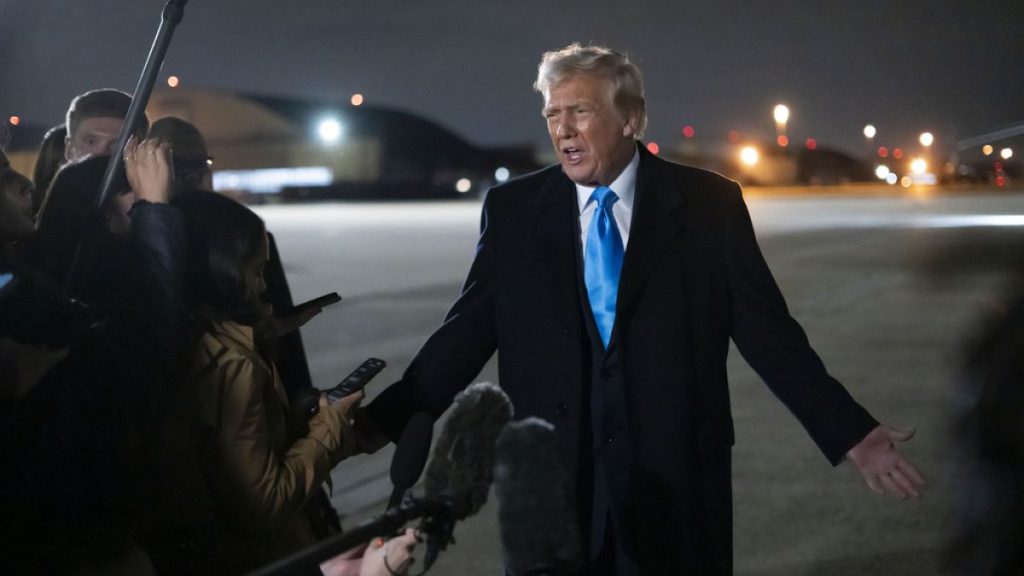The quiet dismantling of the President’s Committee on the Arts and the Humanities (PCAH) on Inauguration Day, as part of a larger executive order reversing numerous Biden-era policies, underscores the ongoing debate surrounding the role of government in supporting the arts and humanities. Established in 1982 under President Reagan, the PCAH served as a vital link between the federal government and the arts community, providing a platform for prominent figures in the arts, humanities, and academia to advise policymakers on cultural matters. This nonpartisan advisory committee sought to strengthen federal support for arts, humanities, and museum services, fostering collaboration between public and private sectors. Its dissolution under the Trump administration, with little public announcement or justification, marks the second time the committee has been targeted, raising concerns about a potential shift in priorities regarding federal support for cultural endeavors.
The Trump administration’s decision to disband the PCAH echoes a previous move during his first term, when he dissolved the committee after nearly all its members resigned in protest of his response to the Charlottesville white nationalist rally. At that time, Trump cited concerns about fiscal responsibility and questioned the efficient use of taxpayer dollars on the committee. The committee was subsequently revived by President Biden in 2022, who appointed a diverse group of 31 members in 2023, including renowned artists like Lady Gaga and George Clooney, alongside museum curators, academics, and leaders from institutions like the National Endowment for the Arts (NEA) and the Smithsonian. This demonstrated Biden’s commitment to re-engaging the arts and humanities within the federal framework.
The PCAH operated with a relatively modest budget of around $335,000 in 2024 and held only six meetings since its reinstatement. Despite its limited financial footprint, the committee’s impact was significant, shaping national cultural policies and serving as a conduit for private philanthropy towards supporting arts and humanities initiatives. Former Democratic Congressman Steve Israel, a Biden appointee to the committee, expressed his dismay at the dissolution, characterizing it as “proactive hostility” towards the arts and humanities. The sudden termination of the committee, without formal explanation, underscores the precarious position of arts and humanities funding and support within the current political landscape.
Historically, the PCAH has boasted influential members like Frank Sinatra and Yo-Yo Ma, reflecting its significant role in bridging the gap between the artistic community and the federal government. Its efforts have focused on bolstering support for arts, humanities, and library services nationwide, advocating for the importance of cultural enrichment and access. While the disbanding of the PCAH has received less attention compared to other policy reversals by the Trump administration, it nonetheless reflects a broader tension surrounding government involvement in supporting cultural institutions. The lack of official communication regarding the dissolution, coupled with the removal of the committee’s website, further highlights the uncertainty surrounding the future of federal support for the arts and humanities.
The Trump administration’s decision to dismantle the PCAH aligns with a pattern of reducing or redirecting resources allocated to cultural institutions. Despite calling for the defunding of the NEA and the National Endowment for the Humanities (NEH) during his first term, the Trump administration has not taken steps to dismantle these key cultural agencies. This nuanced approach suggests a complex and perhaps evolving perspective on the role of government funding in supporting the arts and humanities. Furthermore, Trump’s proposed outdoor sculpture park, intended to celebrate the US semiquincentennial in 2026, demonstrates a seemingly contradictory position. The park, envisioned to honor a diverse range of cultural icons including Billie Holiday, Miles Davis, and Lauren Bacall, suggests a simultaneous appreciation for the arts while reducing institutional support.
The disbanding of the PCAH raises crucial questions about the future of federal engagement with the arts and humanities. While the Trump administration’s motivations remain unclear, the decision underscores the ongoing debate about the appropriate level of government support for cultural endeavors. The lack of transparency surrounding the dissolution further complicates the issue, leaving the arts community and cultural organizations uncertain about the future direction of federal policy in this area. The contrast between dismantling the PCAH and simultaneously proposing a large-scale cultural project like the sculpture park further highlights the complex and seemingly contradictory approach to arts and culture under the current administration.














